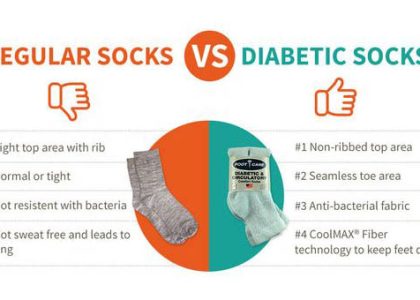With the legalization of medical marijuana in Texas, more than two-thousand patients have registered to use the substance. However, patients are often confused about the how to get a medical cannabis card in Texas. If you’re interested in obtaining your medical marijuana card in Texas, you’ll want to read this article. It will help you navigate the complex process and learn about the benefits of the drug. The state’s medical marijuana program has become a significant part of the broader healthcare industry, and its future will depend on whether or not it can be made accessible to patients in Texas.
While the overwhelming majority of Texans agree that marijuana should be legalized, lawmakers have taken baby steps. For example, in March, Fort Worth state rep. Stephanie Klick filed a bill that specifically targeted veterans with post-traumatic stress disorder. The bill was met with much opposition, however, and many veterans testified that their medical condition prevented them from using the drug. However, the bill still passed the House and is now on its way to the Senate.
In Texas, a physician’s prescription is necessary to obtain a medical cannabis Texas card. You can find a certified physician by searching online. In addition, Texas has regulations regarding the type of cannabis you can obtain, the THC level and the number of dispensaries. Whether you choose a local dispensary or a national one, Heally can help you navigate the medical marijuana laws in your state. You can also find a certified physician through Heally, saving you a lot of time.
The Texas Department of Public Safety (DPS) is the entity that oversees the state’s medical marijuana program. The DPS issued administrative rules that govern the CUP. The initial regulations mandated a $6,000 license fee from dispensing organizations, but later reduced it to $488,520 for a two-year period. The state also wants dispensaries to employ at least one DPS officer on-site twenty-four hours a day, seven days a week.
The state of Colorado doesn’t have a set follow-up period for patients, but physicians will make follow-up appointments with patients to monitor their progress. The Brimberry clinic, for example, schedules follow-up appointments every six months. The state requires physicians to renew their spots on the state registry every year, so patients may have their first appointment a couple of weeks after receiving their medical cannabis prescription. If the patient passes a background check, the doctor’s license may be forfeited.
Under the Compassionate Use Act, the Compassionate Use Program in Texas is slated to be even more compassionate. The Compassionate Use Act, passed in 2015, allowed low-THC cannabis oil to be used legally for people with intractable epilepsy. However, there was one big flaw: the program was incredibly restrictive. The only products eligible for the program could contain cannabidiol. The new law expands the Compassionate Use Program and the people who qualify can be treated through it.
In addition to providing pain relief, medical marijuana has other benefits, including enhancing mental capacities and perceptions. Additionally, it can reduce the symptoms of muscle spasms and post-traumatic stress disorder. It is a Schedule I drug, which means doctors must take special care to administer it and follow strict regulations. Meanwhile, increased complaints of chronic pain and the resulting deaths have led doctors to invest in medical marijuana in Texas. And the benefits of medical marijuana in Texas are obvious. Get in touch with THCMDTELEMED for growing medical marijuanas in Texas.
The study participants had various reasons for seeking the certification. The majority sought relief for chronic pain and certification to be a doctor. The study included telephone interviews, video-conferencing, and telemedicine. The interviews were conducted in an office space with natural lighting and on the third floor of a private building. However, the study team also interviewed patients over the phone. The interview process was both confidential and efficient. They also sought the certification for their chronic pain and were motivated by the belief that it would help them overcome this condition.
The three men who were sentenced in the Eastern District of Texas had modest beginnings. However, they credited their hard work and determination in bringing about the legalization of medical marijuana in Texas. The Dallas entrepreneur Mark Seitles, who was sentenced to five years in federal prison. He spent thousands of dollars on a team of biologists, architects, and other experts. During his sentencing hearing, he told the judge that the trial process was “dangerous” but ultimately he could not afford to stop.









